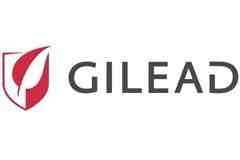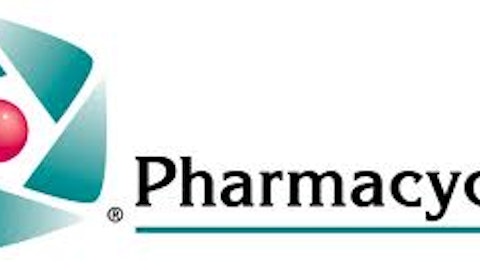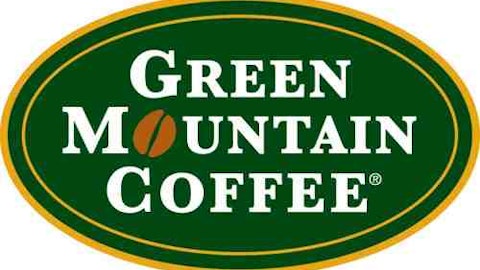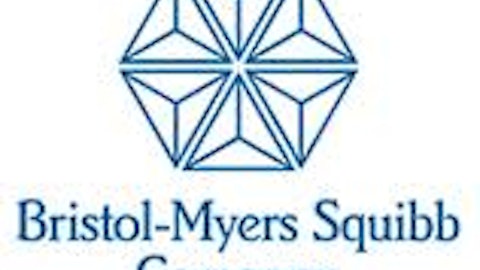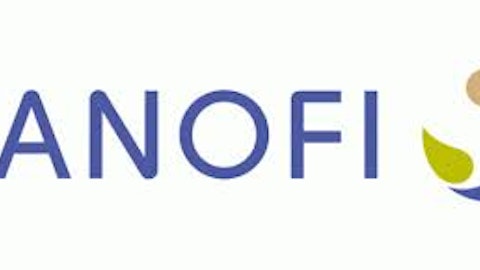HIV, the virus that causes AIDS, has become one of the world’s most devastating diseases since it was first recognized more than three decades ago. 33.4 million people across the world are infected with HIV, and 1.15 million of those live in the United States. To date, there is no cure for the disease, which leads to the progressive failure of the immune system, although current treatments are now much more advanced than Retrovir (AZT) — the first approved HIV medication, which had marginal benefits and a terrible side effect profile.
Today’s leading biotech companies focusing on HIV treatments are Gilead Sciences, Inc. (NASDAQ:GILD), GlaxoSmithKline plc (ADR) (NYSE:GSK), and Merck & Co., Inc. (NYSE:MRK), and each of these companies has a unique approach to handling HIV to prevent it from becoming full-blown AIDS. Let’s take a look at the evolution of HIV treatments over the past three decades to understand how these drugs work and which company’s treatments are the most promising.
The evolution of HIV treatments
Retrovir, which was approved in 1987, is a nucleoside analog reverse transcriptase inhibitor (NRTI). NRTIs were followed up by nucleotide analog reverse transcriptase inhibitors (NtRTIs), such as Gilead Sciences, Inc. (NASDAQ:GILD)’ best-selling HIV treatment, Viread, which was approved in 2001. NTRIs and NtRTIs both focus on blocking reverse transcriptase, a critical virus enzyme found in HIV-1 and hepatitis-B virus infections.
Nucleotide analog treatments like Viread are considered more efficient than nucleoside analog ones like Retrovir, since Retrovir relies on the body to convert nucleoside to nucleotide. Viread simply skips that conversion step altogether.
Gilead Sciences, Inc. (NASDAQ:GILD)’s endless combo strategy
Gilead Sciences, Inc. (NASDAQ:GILD), now the largest producer of HIV treatments in the world, attributes much of its success to Viread sales. Today, Viread has been overshadowed by two more important treatments: Truvada and Atripla. Viread sales still accounted for 9% of Gilead Sciences, Inc. (NASDAQ:GILD)’s sales in 2012, but Truvada accounted for 23% while Atripla generated 37% of its total revenue.
These three drugs, however, are not as unique they appear. Truvada is a combination of Viread and Emtriva (emtricitabine), another NtRTI from Gilead Sciences, Inc. (NASDAQ:GILD), combined into a single fixed-dose pill. Atripla goes a step further by combining Truvada with Merck & Co., Inc. (NYSE:MRK)’s Sustiva (efavirenz), a non-nucleoside reverse transcriptase inhibitor, into a new fixed-dose pill. Last September, it followed that up by introducing Stribild, which combines the two active ingredients of Truvada with EVG (a newer integrase inhibitor) and cobicistat, which increases the potency of the combination by inhibiting liver enzymes.
Because of this habit of combining existing drugs into new ones, Gilead is often accused of “evergreening” its products to avoid upcoming patent expirations, such as the upcoming expirations of Sustiva and Viread in 2013 and 2018, respectively. Gilead is also criticized for the price of its drugs — Stribild is the most expensive HIV treatment on the market, costing $28,500 per patient annually. Sales of Stribild rose 8% sequentially last quarter to $99.4 million.
However, these combination drugs (known as triple or quad pills) are useful for HIV patients who don’t want to take multiple medications daily. Gilead’s strategy is also a widely accepted one, and approximately 72% of HIV patients have been treated by one of the company’s medications. As a result, Gilead’s earnings and revenue rose 8.6% and 15.1% year-on-year last quarter.
Here come the new challengers
Tivicay (dolutegravir), which was created by ViiV Healthcare, was recently approved by the FDA as an HIV treatment. ViiV Healthcare is a joint venture between GlaxoSmithKline plc (ADR) (NYSE:GSK), Pfizer and Shionogi & Co. GlaxoSmithKline plc (ADR) (NYSE:GSK) is the majority shareholder, with a 76.5% stake. Unlike Retrovir and Viread, Tivicay is an integrase inhibitor, a new type of HIV drug.
